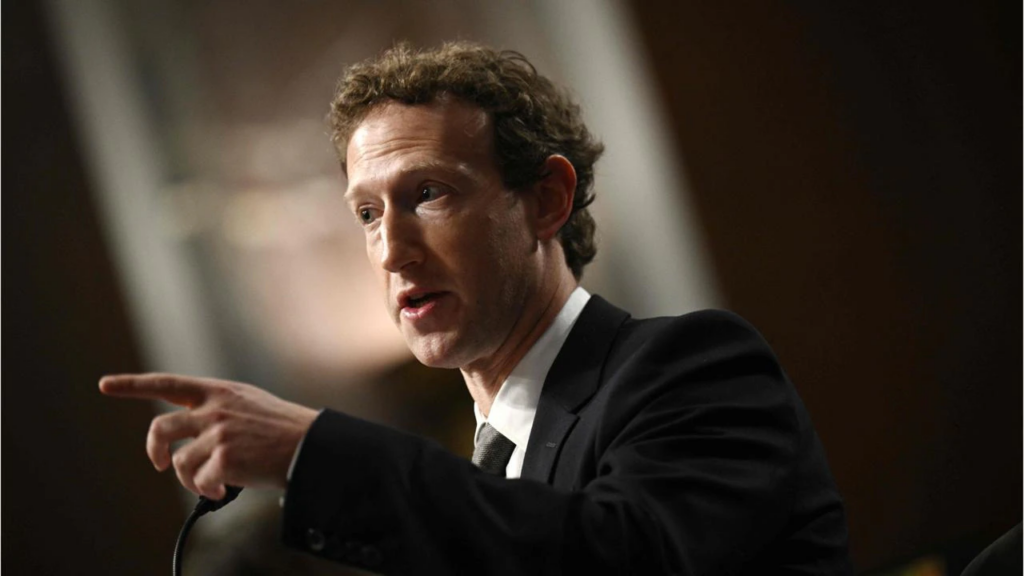Shock Layoffs at Meta
Meta CEO Mark Zuckerberg has cut 3,600 jobs in what he calls a move to remove ‘low-performing’ employees. However, many impacted workers argue this is just a corporate excuse for mass downsizing. They claim the real reason is Meta’s shift toward artificial intelligence.

Employees Challenge the Narrative
Former Meta content manager Kaila Curry rejects the idea that poor performance led to her dismissal.
“This wasn’t about performance; it was about workforce reduction in favor of AI initiatives,” she said.
Curry, who worked weekends and often sought feedback, never received warnings or improvement plans. Despite an “exceeds expectations” review, she was abruptly let go.
“Maybe I ‘lacked masculine energy’ (to quote Mark Zuckerberg himself). Who knows?” she added.
Zuckerberg’s Justification
In January, Zuckerberg announced stricter performance evaluations and faster terminations for low performers.
“We typically manage out people who aren’t meeting expectations over the course of a year,” he wrote in an internal memo seen by Bloomberg. “But now we’re going to do more extensive performance-based cuts during this cycle.”
This round of layoffs eliminated about five percent of Meta’s workforce.
More Voices Speak Out
Meta product designer Steven S. also questioned the justification for the cuts.
“I was let go today—not because I was a ‘low performer,'” he wrote on LinkedIn. “Leadership is framing this as raising the bar, but that label is misleading, and for many of us, it’s flat-out wrong.”
Curry echoed this sentiment, describing an unstable work environment with frequent managerial changes and reorganization.
“I had five managers and two major ‘reorgs’ in one year. I was not set up for success,” she explained.

Controversial Workplace Culture
Curry also revealed concerns about the company’s approach to content moderation. She claims Meta’s shift toward young adult (YA) content meant reducing protections for LGBTQ+ users.
“I spoke up because I didn’t want to contribute to a platform that could increase suicide rates among LGBTQ+ youth,” she said.
Curry was one of the few team members required to work from the office, despite initially applying for a remote role in New York.
“I was given a last-minute ultimatum: relocate to San Francisco or lose the opportunity,” she said. “I took the chance, but when I arrived, I was the only one in my team required to be in the office.”
Meta’s AI Focus
Meta is shifting toward artificial intelligence, aggressively hiring machine-learning engineers. This move aligns with industry trends, where companies prioritize automation and AI-driven solutions over human-led content management.
Zuckerberg remains committed to AI as Meta’s future, but the human cost of this shift is becoming clear. Employees like Curry and Steven S. insist these layoffs were less about performance and more about corporate strategy.
The Bigger Picture
As Meta restructures, critics question whether tech companies are using performance reviews as cover for mass job cuts. Employees affected by the layoffs warn that such decisions hurt workplace morale and discourage loyalty.
Meta’s rapid pivot to AI raises important questions about job security, workplace culture, and the future of human workers in the tech industry. As AI takes center stage, many wonder who will be next on the chopping block.
Our Visitor






 Users Today : 15
Users Today : 15


